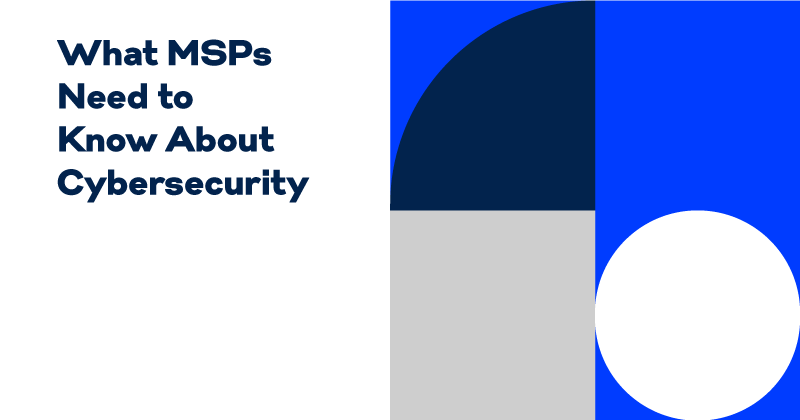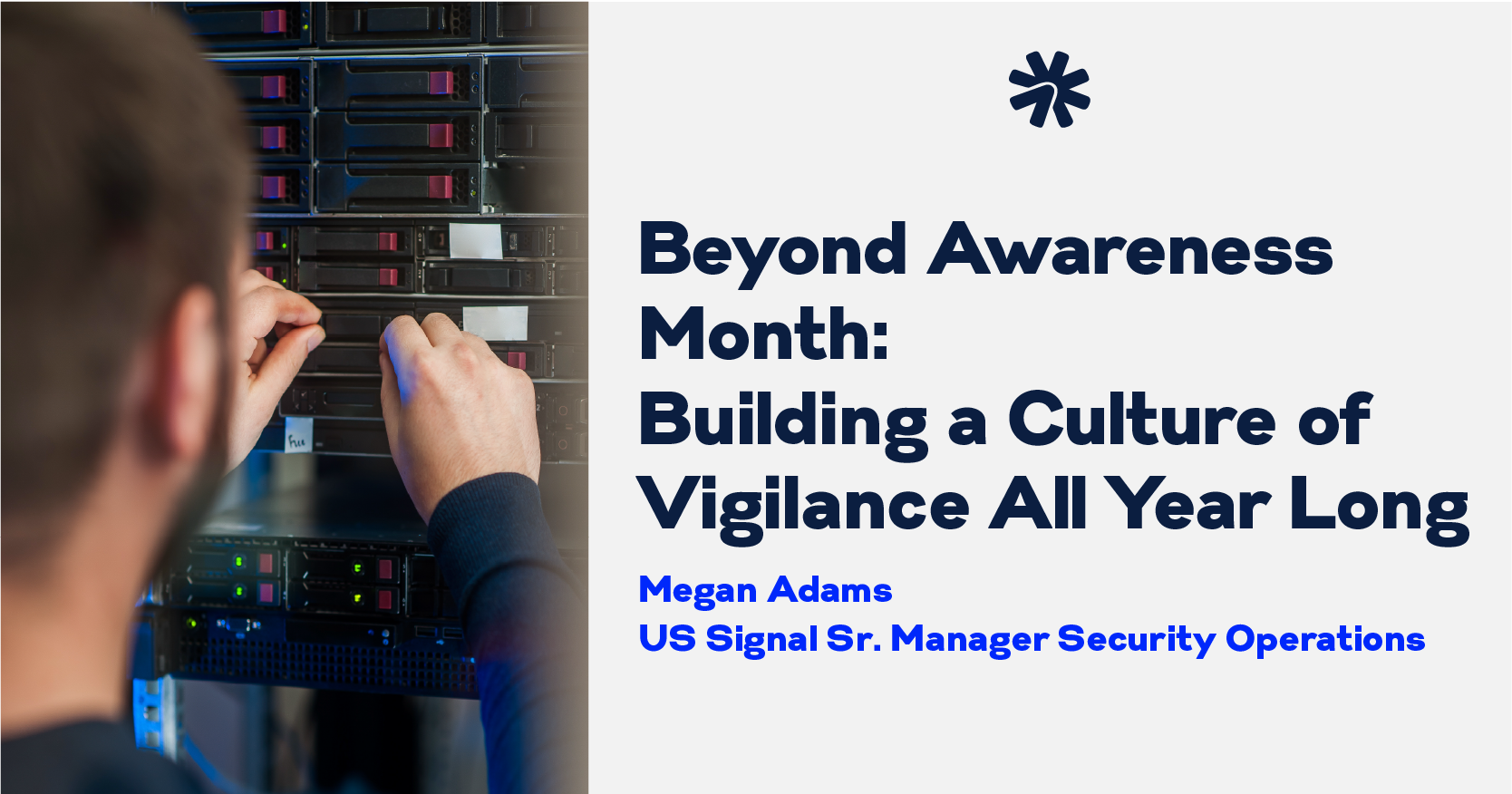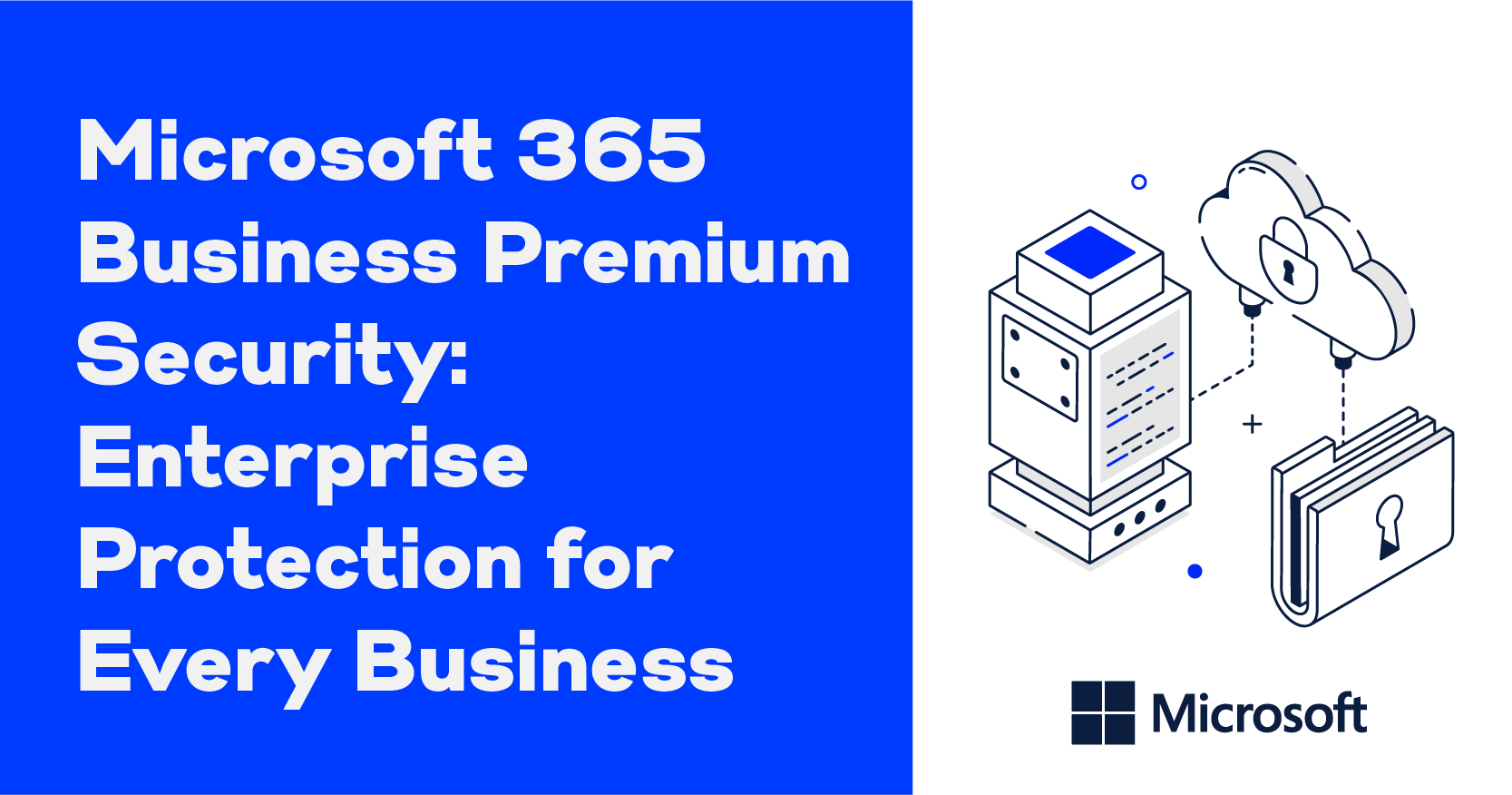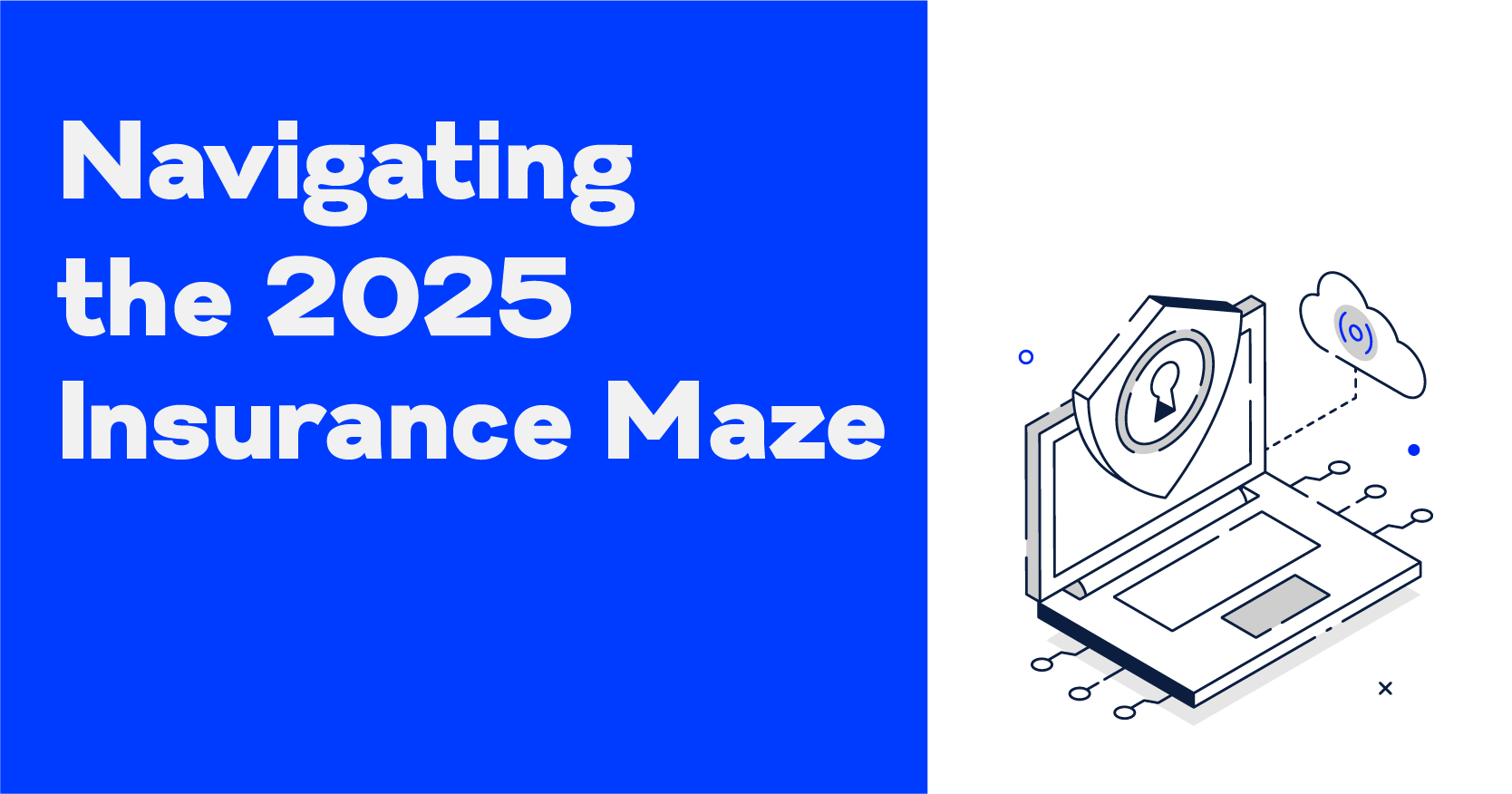What MSPs Need to Know About Cybersecurity

It’s a good time for MSPs to be in the cybersecurity business, and it should be for the next few years. The global cybersecurity market is projected to grow from $155.83 billion in 2022 to $376.32 billion by 2029 , a compound annual growth rate of 13.4%.
Unfortunately, that growth rate is largely due to increasingly sophisticated and frequent cybercrime. According to the Identity Theft Resource Center, there were 1,864 known data breaches in 2021. That’s an increase of 68% from the previous year. That figure is probably higher as many breaches remain undetected for a long time or go unreported.
Nonetheless, the data breach situation demonstrates the need for MSP cybersecurity. And that presents an excellent opportunity for MSPs to add new streams of revenue to their business by offering those much-needed services.
Doing so can also help cybersecurity managed service providers strengthen their position as a trusted partner to their customers. After all, if they can help their customers avoid data breaches ─ or minimize the damage if they do occur, that earns those MSPs greater customer loyalty and repeat business.
Partner with the Right Vendors
While there are plenty of off-the-shelf security solutions available, the better approach for MSPs interested in offering security services is to team up with vendors that specialize in IT security, particularly the subset of cybersecurity. That includes certain cloud services providers (CSPs), as well as managed security services providers (MSSPs).
These potential partners stay at the frontlines of what’s going on in the cybersecurity space, so they can offer the latest technologies and best practices. They continually update their offerings, and they stand behind them with service level agreements. They also provide educational and marketing materials, training, and even technical support, depending on the service.
Be Selective with Partnerships
While it’s not a good idea to restrict yourself to working with only one vendor, it is advisable to go with a “less is more” approach. As long as you can get all the security services you want to provide through a handful of vendors, this simplifies much of the logistics, such as billing and support.
The key, however, is to work with vendors that will make you look good to your customers because of the quality of their cybersecurity services and the ability of those services to meet your customers’ needs. Look for vendors that:
- Are solution-focused rather than focused on providing single, standalone services. While some of your clients may need standalone cybersecurity services, you want the ability to provide more comprehensive, end-to-end security solutions when necessary.
- Offer a robust portfolio of security solutions to meet the vast array of security needs your customers may have. They should offer services that protect endpoints, manage vulnerabilities, assess risks, detect and mitigate security issues, block intruders, thwart attacks, and more.
- Continually assess and update or add to their services to ensure they employ the most up-to-date technologies and can address the latest threats.
- Provide cybersecurity solutions that can also help meet compliance requirements.
- Support their partners with comprehensive partner programs, flexible payment options, training, 24-hour technical support, marketing support, and training.
Conduct an IT Security Assessment
It’s one thing to offer security services ─ new or add-ons to existing services. It’s another to take on a consultative role with a customer and recommend the most appropriate services to meet that customer’s needs.
A good approach is to consult with customers to understand their current security setup and what systems, endpoints, data, and workloads they need to protect. It’s also critical to assess the customer’s security risks, identify gaps, and compile a list of needs. Conducting an IT security assessment helps accomplish that.
If you don’t have the expertise to do this with in-house resources, reach out to the CSPs or MSSPs you’re partnering with, as they may offer this service. (Note: US Signal’s security advisory services include assessments.)
Cybersecurity Checklist for MSPs
Outline a Cybersecurity Strategy
There’s no such thing as a single solution that will meet all of a company’s IT security needs. There are just too many variables. However, loading a customer up with multiple security solutions isn’t a good idea either. An IBM study reported that organizations using more than 50 security tools ranked themselves 8% lower in their ability to detect a security issue and 7% lower in their ability to respond to an attack than those with fewer tools.
What does make sense is to create an IT security strategy, one that’s tailored to the customer’s specific needs. Avoid trying to apply one customer’s strategy to another customer, no matter how similar they are. Each organization has its own specific risks, needs, and challenges.
The strategy should account for systems visibility, risk management, monitoring, prevention, detection, response, mitigation, data protection, disaster recovery and governance. Along with information from the security assessment, this will help with identifying and prioritizing necessary services. (This, in turn, can also help customers in terms of security budget planning.)
This is another area where working with CSPs or MSSPs can be beneficial, as they can lend their expertise to help with strategy development. They’ve seen what works and what doesn’t and have insights into how to address a wide range of security needs.
Account for Backup and Recovery
Cybersecurity isn’t just about defending against cybercriminals or various security threats. If a data breach occurs, or data is hijacked via ransomware, most companies won’t be able to continue business without that data. That makes it imperative to include data protection options, such as backup and disaster recovery, to create a comprehensive security strategy,
This is where working with the right CSP can offer a huge advantage. Many CSPs, like US Signal, offer a variety of data protection solutions in addition to security services. These solutions can help protect against data loss in the event of a cyberattack, as well as eliminate or minimize downtime.
Strengthen Your Company’s Own Cybersecurity
Cybersecurity services aren’t just for customers. MSPs are often targets of cybercriminals because they have direct access to the networks and applications of multiple clients. Customers working with an MSP expect that MSP to do everything it can to protect their systems as well as the MSPs own.
Most MSPs can probably benefit from the exact cybersecurity solutions as their customers. Following security best practices like these can also help:
- Implement mitigation resources to protect against common attacks
- Employ monitoring and logging, endpoint detection and response, network defense monitoring, and vulnerability management
- Secure remote access applications and enforce multifactor authentication
- Develop and test incident response and recovery plans
- Proactively manage supply chain risks
Team Up with US Signal
US Signal offers a broad range of IT security services, security advisory services, and data protection solutions, in addition to its cloud, colocation, and network services. If you’re interested in learning how to bolster your service portfolio with any of them, contact us today!



